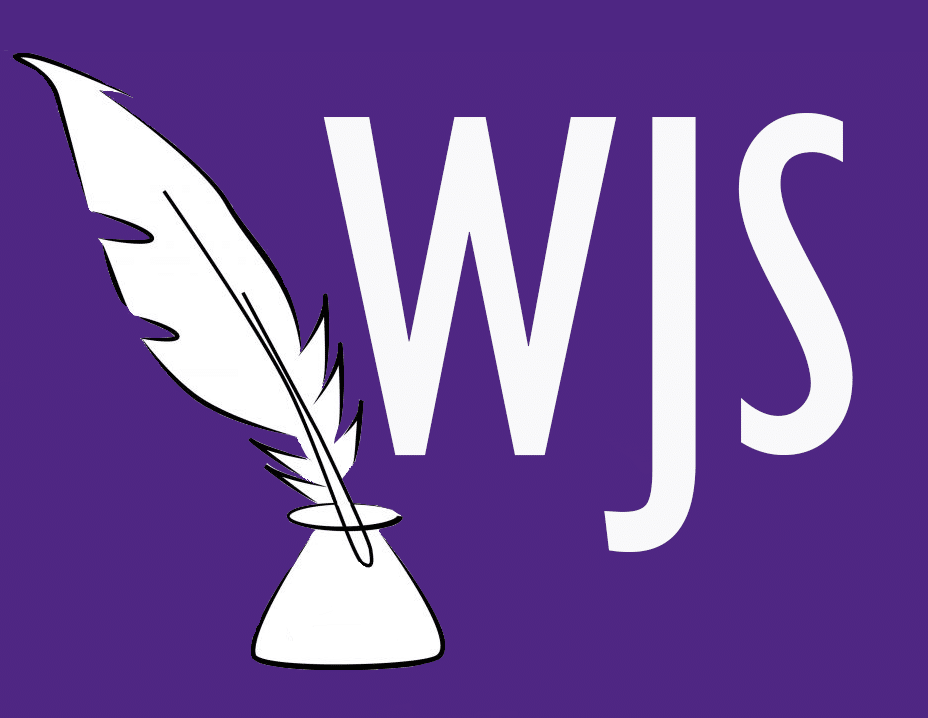EVA ZHU – For months, Lev McKinney was excited to move to San Jose for the internship of his dreams. But as COVID-19 rages on, his future could be in limbo.
McKinney, a 19-year-old Computer Sciences student at the University of Toronto, was supposed to start a four-month internship for PayPal, the popular online payment system, mid next month. After spending a few short weeks at their offices last summer, he was looking forward to the experience.
With COVID-19 currently wreaking havoc on the world, he’s not sure if PayPal will cancel their internship program. The United States has been hit hard by the virus, especially states such as New York and California.
The Los Angeles Times reported that Silicon Valley, the technology hub of the US, has become California’s “epicenter of contagion.” Since PayPal is headquartered there, they have moved all operations to work-from-home.
As school is now being taught online, McKinney recently moved home to Vancouver. He says it’s “up in the air” if he’ll be able to work remotely. Paypal usually only allows employees living in the US to work from home.
Unfortunately, the uncertainty of his internship has taken a toll on his mental health. Looking worn out, McKinney says, “I was in limbo for quite a while, it’s hard. I didn’t know if I was going to have a job this summer.”
While some of his peers have solid back-up plans, McKinney has nowhere to turn. He never planned for the world or his life to fall apart.
Over the next month, he says he will reach out to startups and try to find contract work as a programmer. He might also deliver takeout food for Uber Eats to make some extra money. However, he says it’s likely nothing will pan out and he’ll end up unemployed.
The decline in his mental wellbeing caused him to miss out on a sizeable chunk of school. For the first few weeks after coming home, he didn’t prioritize school at all. “I kind of fell off the boat when it came to attending lectures and being on schedule. I just gave up on my classes,” McKinney explained.
Skipping lectures was partly due to the three-hour time difference, but it was also from being stir-crazy. He’s stuck at home with his parents and his sister, with nowhere to escape to.
McKinney says this transition has been a disaster. After spending all of his time studying at U of T’s library rather than in his dorm room, he doesn’t know how to work efficiently from home. For him, his home is a place to watch copious amounts of Netflix and make food. He has no idea how to stay motivated when’s not in an office or school setting.
If PayPal does let him work from home, his “office” will be a desk downstairs in the living room. McKinney says he’s afraid the lack of fixed work hours will take an even bigger toll on his mental health.
“I’m worried about my work leaking into the rest of my life. One thing I really appreciated about last year when the internship was in person was that I had a nine to five. When you’re used to school and studying 12 hours a day, it’s nice to have fixed hours. When you’re done, you’re done.”
To help mitigate these effects on his mental health, McKinney is making more of an effort to practice self-care. He’s making more homecooked meals and sleeping more. When he’s feeling restless, he goes on walks in the forest.
While McKinney will no longer get to work at PayPal’s headquarters and get together with his coworkers in the beautiful outdoor spaces surrounding the office, he’s staying cautiously optimistic.
When asked if he has any advice for others whose internships are also in jeopardy, he urges people to keep calm and take this opportunity to start on the projects that they’ve always wanted to accomplish.
“One thing that’s really good at reminding you of what’s important in life is when you’re in the middle of a crisis,” Mckinney says with a smile.
This article was originally published on Eva Zhu’s Website.

Comments are closed, but trackbacks and pingbacks are open.